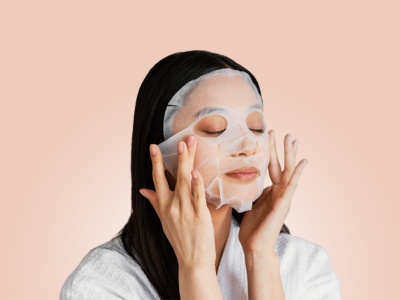Conditions
Conditions
- Details
Knee Pain: Causes, Symptoms, and Treatment Options
Knee pain is a common complaint that affects people of all ages. It can be caused by various factors, including injury, arthritis, and overuse. In this article, we will discuss the causes, symptoms, and treatment options for knee pain.
Causes of Knee Pain
- Injuries: Knee injuries, such as sprains, strains, and fractures, are a common cause of knee pain. These injuries can occur during sports activities, accidents, or falls.
- Arthritis: Arthritis, which is inflammation of the joints, can cause knee pain. Osteoarthritis, rheumatoid arthritis, and gout are common types of arthritis that affect the knee joint.
- Overuse: Overuse or repetitive strain injuries, such as runner's knee and patellar tendinitis, can cause knee pain.
- Torn Meniscus: The meniscus is a rubbery cartilage that acts as a cushion between the shinbone and the thighbone. A torn meniscus can cause knee pain and stiffness.
Symptoms of Knee Pain
The symptoms of knee pain can vary depending on the cause, but common symptoms include:
- Pain or discomfort in the knee joint
- Swelling or stiffness in the knee joint
- Difficulty walking or bearing weight on the affected knee
- A popping or cracking sound when moving the knee joint
- Limited range of motion in the knee joint
Treatment Options for Knee Pain
- Rest and Ice: Resting the affected knee and applying ice can help reduce swelling and pain.
- Physical Therapy: Physical therapy can help strengthen the muscles around the knee joint and improve flexibility.
- Medications: Over-the-counter pain medications, such as acetaminophen or ibuprofen, can help relieve knee pain.
- PRP therapy: PRP therapy involves using a patient's own blood plasma, which is rich in growth factors, to stimulate collagen production and improve the appearance of stretch marks.
Prevention of Knee Pain
To prevent knee pain, it is important to maintain a healthy weight, avoid overuse injuries, wear proper footwear during sports activities, and maintain good posture while standing and sitting.
Conclusion
Knee pain can be a debilitating condition that can affect your quality of life. However, with proper treatment and prevention, you can manage knee pain and maintain an active lifestyle. If you are experiencing knee pain, it is important to talk to your healthcare provider to determine the underlying cause and develop a treatment plan that is right for you.


 0
0 



